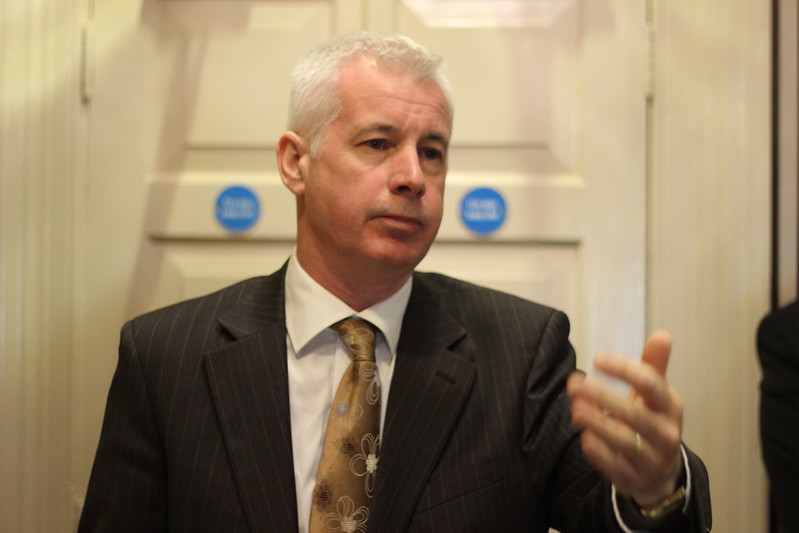Sinn Féin TD for Dublin South West Seán Crowe has said that the Child and Adolescent Mental Health Service (CAMHS) is “barely adequate” for those who rely on its services.
Crowe said the “broken system” is forcing many families into expensive private diagnosis and treatment, and stated that the service is “alarmingly exclusionary” towards those on the autism spectrum.
Government figures from 2018 find that 1 in 59 children in Ireland are on the autism spectrum, with figures only starting to be measured from 2000 onwards. Speaking after chairing the meeting of the Oireachtas Health Committee with Families for Reform of CAMHS, Crowe said the findings were “shocking, but not surprising.” The meeting heard there are now 4,400 children on a waiting list for their first CAMHS appointment. “Many teams across the state are missing key personnel, have long waiting lists, and are clearly not delivering support and services for children and young adults. Supports and services we also heard don’t always follow the child into adulthood,” Crowe said. He said that the system is “clearly broken.”
“The system forces many parents, who understandably want to get their children the help they need, into expensive private diagnoses and, then when there is no way to access public care, into private treatment and even greater expense.” “This is neglect of vulnerable children with mental health needs cannot be used as an excuse towards the abandonment of services to privatisation that we have seen elsewhere in the health service, such as in residential or dental care. The state must step up and do more for these children and their families.” “Worryingly, the current service seems alarmingly exclusionary to autistic children. Parents are being advised not to disclose a diagnosis of autism when seeking help from CAMHS because it seems the service does not know what to do with these children, so it rejects their referrals almost out of hand. “This is no way to treat vulnerable children and the families that need help from our mental health services. The services for adults are barely adequate, but it seems that services for children are barely functional.”
